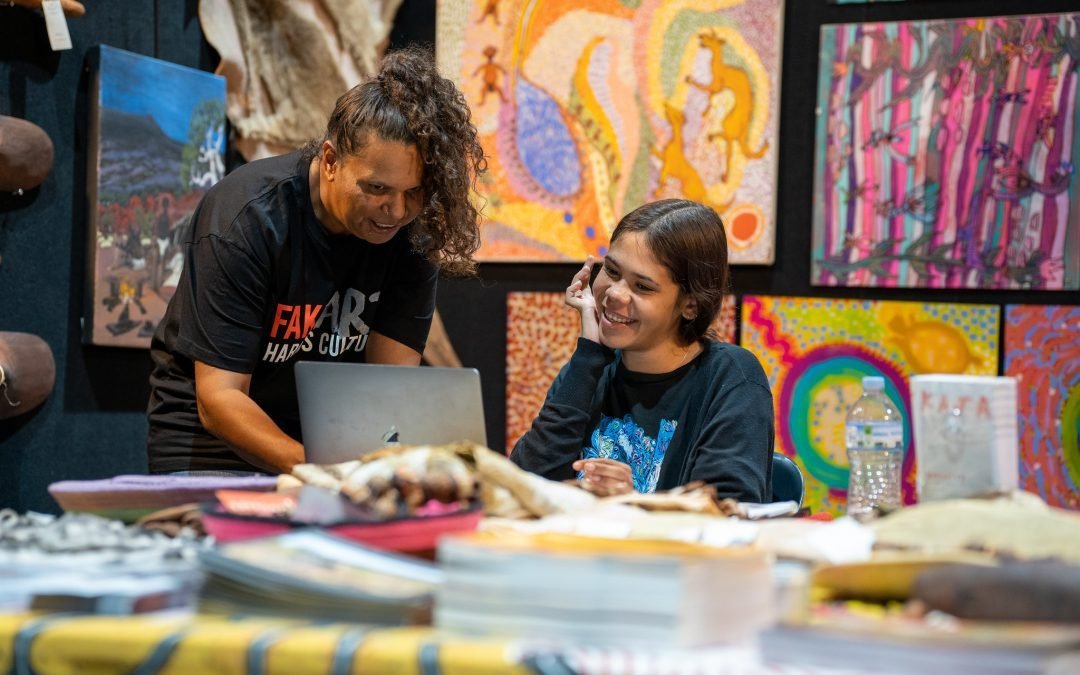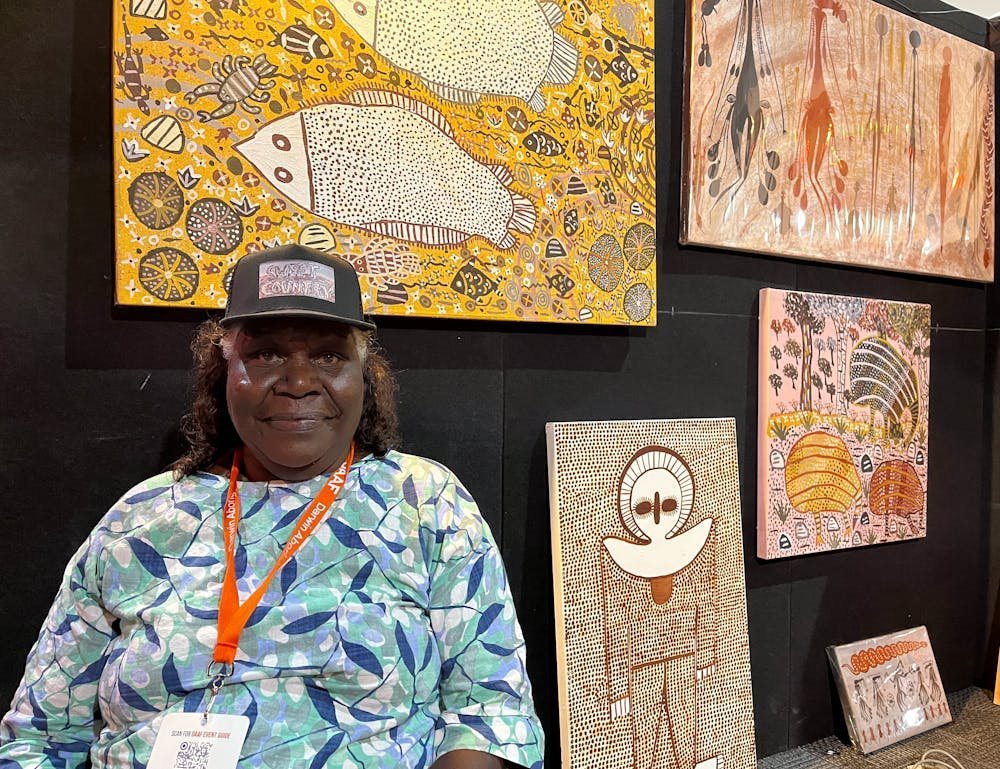Outrage as Facebook Giant Meta “Steals” First Nations Artists’ Work to Train AI Model – Experts Warn of “Double Colonisation” of Indigenous Cultural Heritage
- META has sparked outrage after “stealing” First Nations artists’ work to train its artificial intelligence model without permission or payment.
- Experts warn of a “double colonisation” of Indigenous cultural heritage, as big tech companies exploit and profit from Indigenous stories and knowledge.
- The Productivity Commission is reviewing submissions on a proposed exception to the Copyright Act, which would enable companies to bypass usual copyright protections.
Gunai woman and award-winning author Kirli Saunders was left “disgusted” and “frustrated” after discovering that Meta had taken her book, Bindi, from the online database LibGen without her permission or payment. The book was one of thirty-seven First Nations titles used by Meta from Indigenous publishing house Magabala Books.
“It was really frustrating having a large tech company steal my work and provide no apology or explanation,” Saunders told the ABC. “This kind of history of First Nations knowledge and stories being stolen by non-Aboriginal people and corporations is nothing new.”
Saunders and Magabala Books chief executive Lilly Brown are calling for stronger guardrails to protect Indigenous Cultural and Intellectual Property (ICIP) from exploitation by big tech companies.
“Without that kind of copyright protection, we’re at a real risk of our work going through a double colonisation, being stolen again from us,” Saunders warned.

The Productivity Commission is due to hand down its final report in December on a proposed exception to the Copyright Act, which would enable companies to bypass usual copyright protections to train AI models.
But experts warn that such an exemption would offer big tech companies a “get out of jail free card” to avoid paying creators, and would threaten the livelihoods of artists and writers.
“The main risk is the immediate one that is the threat to artists’ livelihoods,” said Arts Law Centre chief executive Louise Buckingham. “If their works may be used without permission, without compensation, the whole system through which they make a living breaks down.”
AI entrepreneur and Maincode chief executive Dave Lemphers supported penalising big tech companies if they were not clear about their data source. “The Australian government could absolutely say, ‘You’re not permitted to sell and license your technology in Australia unless you provide a certain level of proof and transparency into how you do it,'” he said.
The Australian government insists it did not plan to water down copyright provisions, but experts have called into question the effectiveness of copyright laws in protecting creators in the digital age.

